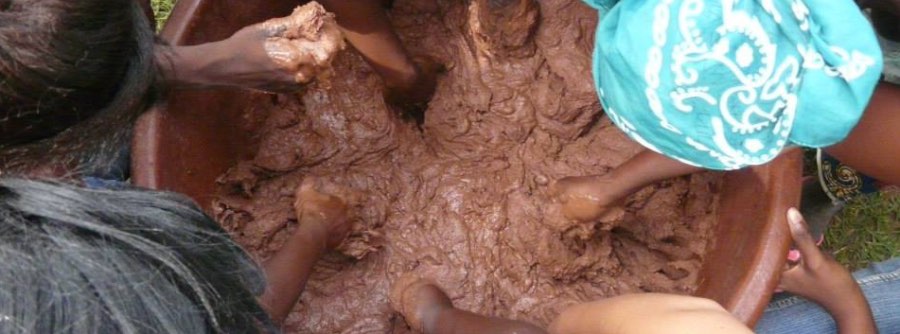
18 Aug Empowering Women Entrepreneurs in Burkina Faso
My Experiences as an International Citizen Service Volunteer in Burkina Faso
During the summer of 2015 I spent 3 months volunteering for “Kabeela”, a non-profit organization based in Burkina Faso, West Africa. My volunteering placement was facilitated by ICS (International Citizen Service), a UK government funded overseas volunteering programme for 18-25 year olds.
The women’s association of Kabeela is based in the village of Guilongou, 4km from the town of Ziniaré. It is also active in 85 surrounding villages throughout the Plateau Central region of Burkina Faso. Kabeela is a non-profit and apolitical Burkinabe organization that was founded in 1997. The organisation aims to contribute to the social and economic promotion of the most vulnerable populations in rural areas, seeking to empower women through business, health and human rights: helping them to make their own income, assert their rights, and increase their participation in the community. Kabeela therefore encourages women to actively participate to transform their communities by providing them with literacy teaching, professional training and information on income-generating activities, as well as hosting awareness-raising events about hygiene and human rights issues.
Kabeela’s work is effective in that it teaches the women skills that make them independent. As they learn to make products to sell in the income-generating activity workshops, they can then sell their crafts and make their own money to spend – rendering them independent from their husbands. Kabeela’s approach is also effective in the way it targets communities. Aside from working to help empower the women, the members get together to give talks or host events for the entire village – teaching about health and human rights. For example, a village might be invited to gather to hear a talk on the importance of hygiene and washing hands correctly or the problems of child marriage and FGM (Female Genital Mutilation). The organization teaches that such harmful traditions are not linked to religion, but rather selfish old traditions that need to be changed. Advice is given on how to denounce neighbours if you are aware that they are practicing such illegal practices clandestinely.
As I was working at Kabeela, I witnessed first-hand how this organisation is changing lives for the better. I saw women, who before joining the organisation, couldn’t speak the official national language– French- managing to use basic phrases to sell their products in the capital city of Ouagadougou during market research visits. The women also made a big impact on their village as a whole. One of the main products they make is keyrings, purses and bags made from recycled plastic. This helped make the whole village more aware of the environment and pollution, and often the women would go to neighbours’ homes to see if they had old plastic bags or sachets that they could use.
Through my experience I learnt a lot. It made me really realise how important it is to help give skills to people, as the proverb reminds us: “give a man a fish and you feed him for a day; teach a man to fish and you feed him for a lifetime” i.e. it’s more worthwhile to teach someone to do something than to do something for them. This is also especially important for Kabeela, who receives funding from ICS and benefits from a volunteer network. If the programme suddenly had to stop, the organisation is left to carry on their work single-handedly, with no funding. This is why during my 3 months at Kabeela, I aided market research and was responsible for making some significant changes to the organisation management. I questioned their sustainability and put a relative percentage system in place, ensuring that profits were better managed. This meant that the funding they were receiving and the profits they were making, were better organized and more was put to one side as savings to use as later investments.
One phrase I will always treasure is from a disabled man I met in the village: “We can do something for Africa by Africans”. In few words, this summarises how I feel about development. I strongly believe that for sustainable development to take place, we need to help others to help themselves. I would like to continue to help people expand their social enterprises, helping the people in these countries help themselves with professional guidance and microcredit schemes.
Rebecca Grattage has just spend a year studying abroad at the University of Bonn and the University of Paris-Sorbonne, studying German and French. Her volunteering experience includes peer education at the Red Cross, wildlife conservation at Operation Wallacea, and being a Young Leader for Scouts UK. She co-founded social enterprise EDUCREATE and participated in regional finals of the Hult Prize 2015.




No Comments